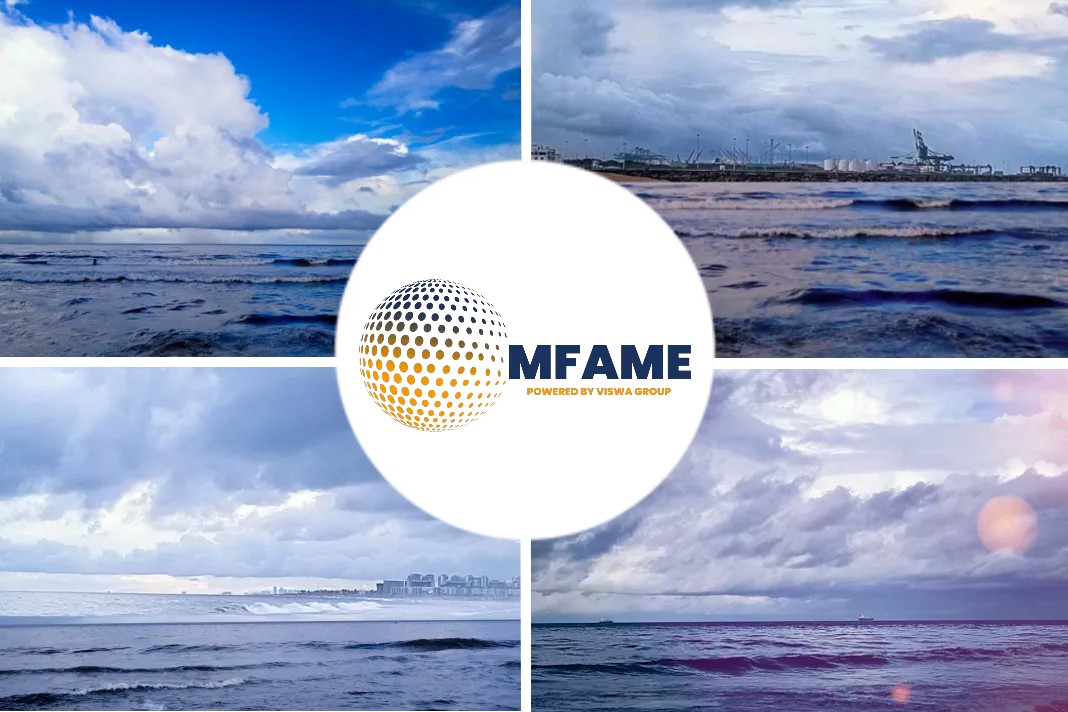AET completed its first-ever LNG bunkering in the U.S. last week, working in coordination with Shell to refuel the LNG dual-fuel Aframax tanker Pacific Ruby outside Port Canaveral, Fla, says an article published in WorkBoat.
The operation took nine hours
The transfer of 600 metric tons of marine LNG onto the 113,305-DWT petroleum tanker from the Q-LNG 4000 bunker barge was safely completed within three hours while the entire bunkering operation took nine hours. The operation was coordinated by AET and Shell NA LNG LLC while the Pacific Ruby was on its way from Houston bound for Rotterdam.
AET teams out of Houston managed the full process with Shell and the crew of Pacific Ruby to ensure efficiency and safety, AET said, This bunkering represents another example of the rapid extension of LNG bunkering facilities in the U.S. and globally, allowing LNG supply for transatlantic tanker routes between Europe and the U.S., AET said
Finding fuels for longterm
Tahir Faruqui, head of Shell Downstream LNG, said, “the shipping sector must find fuels for the long-term, but also act today. LNG is a clear choice for an immediate reduction in shipping emissions. It is a fuel in transition that offers potential pathways via bio and synthetic LNG for developing zero-emission options. Shell is already offering LNG bunkering services in 10 countries and 15 ports to support the shipping sector,
And we look forward to expanding our network coverage in the U.S. to include the Gulf Coast and the East Coast with the recent investment of two additional LNG bunker vessels. We congratulate AET on the progress they are making in their decarbonization journey and are very happy to be collaborating with them.”
First-ever built
LNG emits approximately 25% less CO2 than conventional marine fuels in providing the same amount of propulsion power.
AET’s current fleet of 70 vessels includes two dual-fuel dynamic positioning shuttle tankers, which are amongst the first ever built in the world, and three dual-fuel Aframaxes. AET is currently building five dual-fuel VLCCs to be delivered beginning in 2022 and the overall orderbook is made up of 11 vessels.
Did you subscribe to our newsletter?
It’s free! Click here to subscribe!
Source: WorkBoat



















